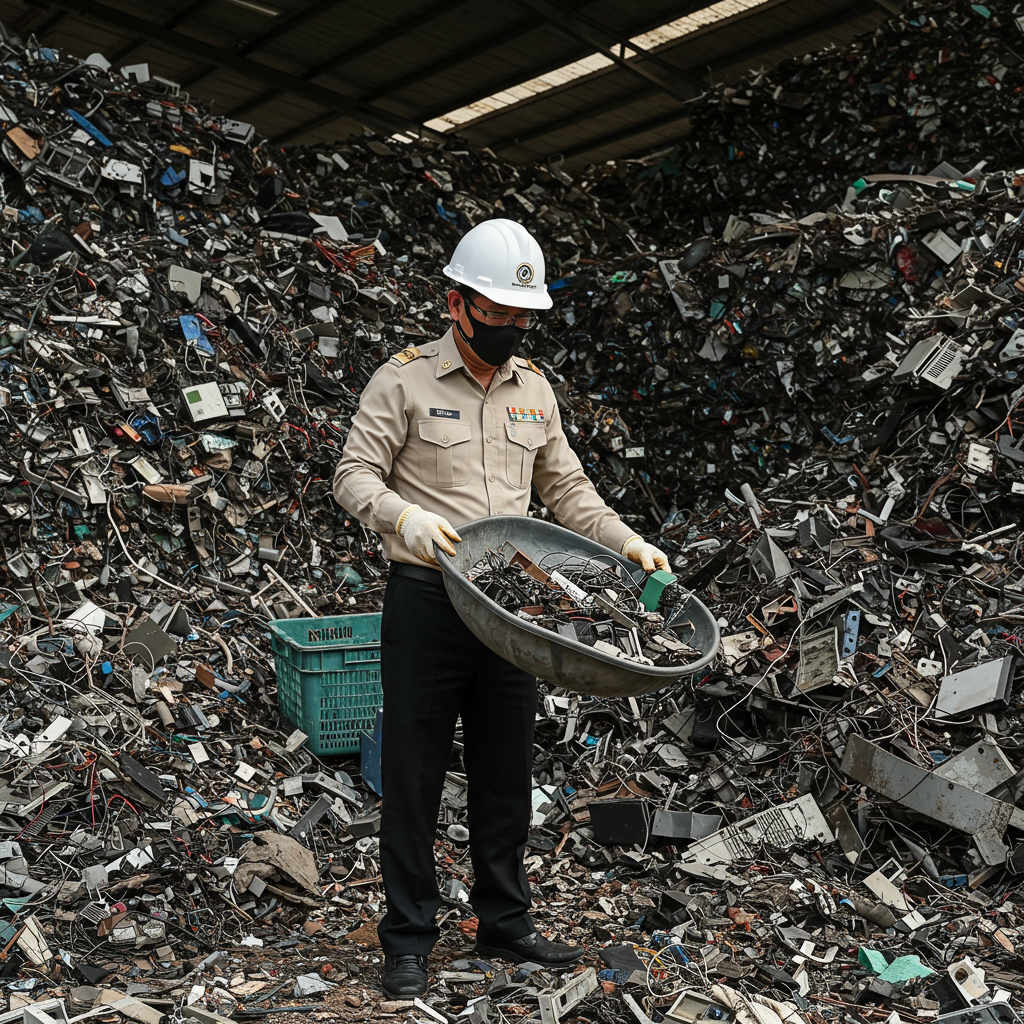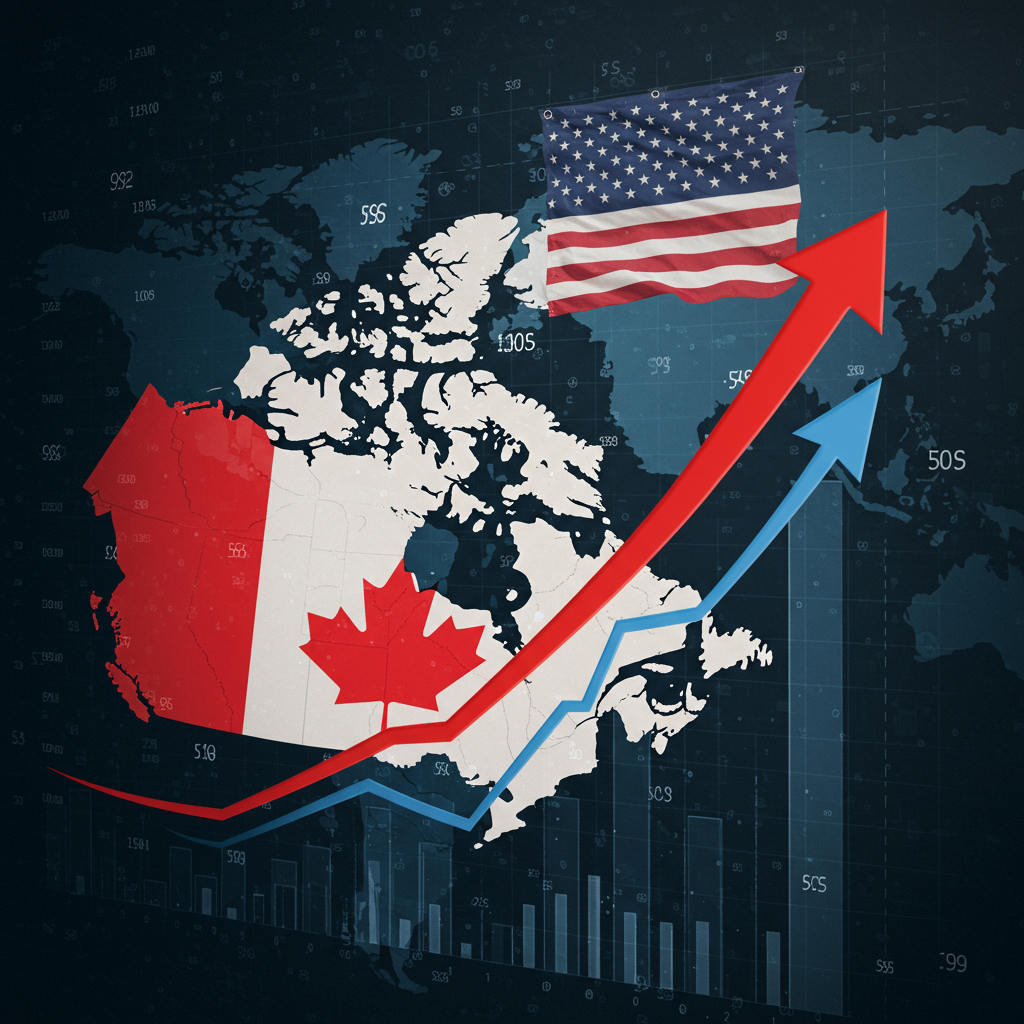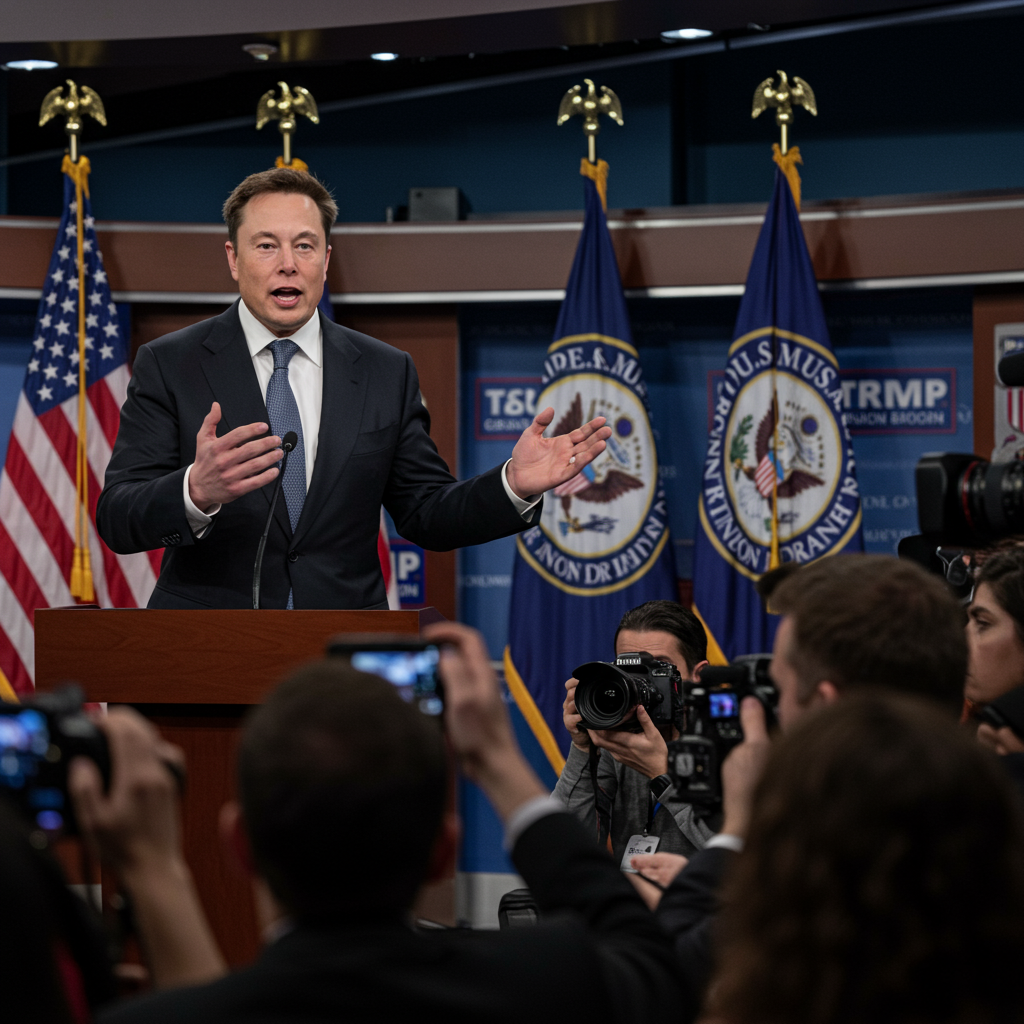Deep in eastern Thailand, amidst a landscape of industrial sites, a hidden environmental crisis is unfolding. Here, inspectors like Thitipas Choddaechachainun from Thailand’s industry ministry meticulously sift through massive piles of discarded electronics – scrap metal, circuit boards, and keyboards – finding clear evidence of unlicensed operations.
“A lot of this is clearly electronic waste,” she observes, noting that the companies handling it lack the necessary permits. “This is a growing problem in Thailand.”
Ms. Choddaechachainun leads a government task force dedicated to confronting the nation’s escalating electronic waste (e-waste) challenge. Their weekly raids on these illicit facilities, often hidden away in rural areas, highlight the persistent nature of the issue, which continues to grow despite their efforts.
The Global Shift Driving Thailand’s Problem
For years, China served as the world’s primary destination for electronic waste, receiving enormous shipments, particularly from Western nations. Here, it was processed and recycled relatively cheaply. However, a pivotal moment occurred in 2018 when Beijing implemented a ban on solid waste imports. This decision had significant global repercussions, forcing shippers to seek new destinations. Many turned to Southeast Asian countries, with Thailand becoming a major recipient.
Even though Thailand enacted its own import ban on electronic waste in 2020, the measure has not stemmed the tide. The sheer volume of e-waste entering the country has exploded over the past decade. According to environmental group Earth Thailand, it has increased twentyfold, surging from around 3,000 tonnes annually before China’s ban to a staggering 60,000 tonnes today.
Much of this waste originates from countries like the United States and the European Union, where rapid consumer upgrades of phones, computers, and other appliances generate vast quantities of electronic discards. Despite regulations in many Western nations designed to prevent toxic e-waste dumping abroad, these laws are frequently bypassed. A common tactic involves deliberately mislabelling the waste, often declaring it as “second-hand electronic goods for re-sale” when the true intent is to dismantle and smelt it upon arrival.
The Toxic Cost of Illegal Recycling
Once the mislabelled e-waste reaches its destination sites in Thailand, it often undergoes brutal processing. Giant crushing machines reduce the waste into a gravel-like material before it is smelted to recover valuable metals such as copper and gold.
While this extraction process can be highly lucrative, yielding millions in valuable commodities, it comes at a severe environmental and human cost. Smelting electronic waste is a dirty and dangerous business, releasing toxic substances like mercury and lead, along with noxious fumes, directly into the environment.
Thai Industry Minister Akanat Promphan is unequivocal about the impact. “Thailand is not getting anything from these businesses,” he told the BBC. “There’s no value to the economy, it destroys the environment, it poses threats and endangers the livelihood of the people.” He has formed a special task force for a “full-on crackdown” on these illegal operations, many of which he says are Chinese-owned, effectively turning parts of Thailand into “a sort of a garbage site – an international garbage processing facility.” The extracted metals are often then exported, frequently back to China.
The devastating environmental consequences are already felt by local communities. Seng Wongsena, a 57-year-old farmer in eastern Thailand, shares how polluted water from a nearby illegal smelter has ruined his cassava harvest. “The plants don’t flower like they used to,” he laments, also complaining about the unbearable smell from the facility that disrupts his sleep.
Local environmentalists are campaigning for the closure of such illegal plants, and international groups echo these concerns. Jim Puckett, executive director of the Basel Action Network, an NGO campaigning against toxic waste shipments, warns that importing this “very dirty material for recycling” inevitably contaminates the soil and harms the population.
Part of a Larger Global Problem
Thailand’s struggle with e-waste is a microcosm of a much broader global crisis. According to the United Nations, the world generates over 60 million tonnes of electrical and electronic waste each year – a figure that has doubled in just 15 years and is projected to surge by more than 30% by 2030. Disturbingly, less than a quarter of this enormous volume is collected and recycled responsibly, with the pace of generation far outstripping the capacity for safe processing.
Recognizing the need for systemic change, some countries have implemented “Extended Producer Responsibility” laws. These regulations place responsibility on electronics manufacturers – major brands like Apple, Samsung, Dell, and Hewlett Packard – for managing their products at the end of their life cycle, ensuring they are taken back and disposed of safely.
Thailand is preparing to introduce similar legislation. Minister Promphan expressed hope for the enactment of this new law soon, perhaps by late this year or early next. Coupled with intensified enforcement against illegal dumpers and recyclers, Thailand aims to combat the toxic flood of electronic waste and “drive them out completely.”




